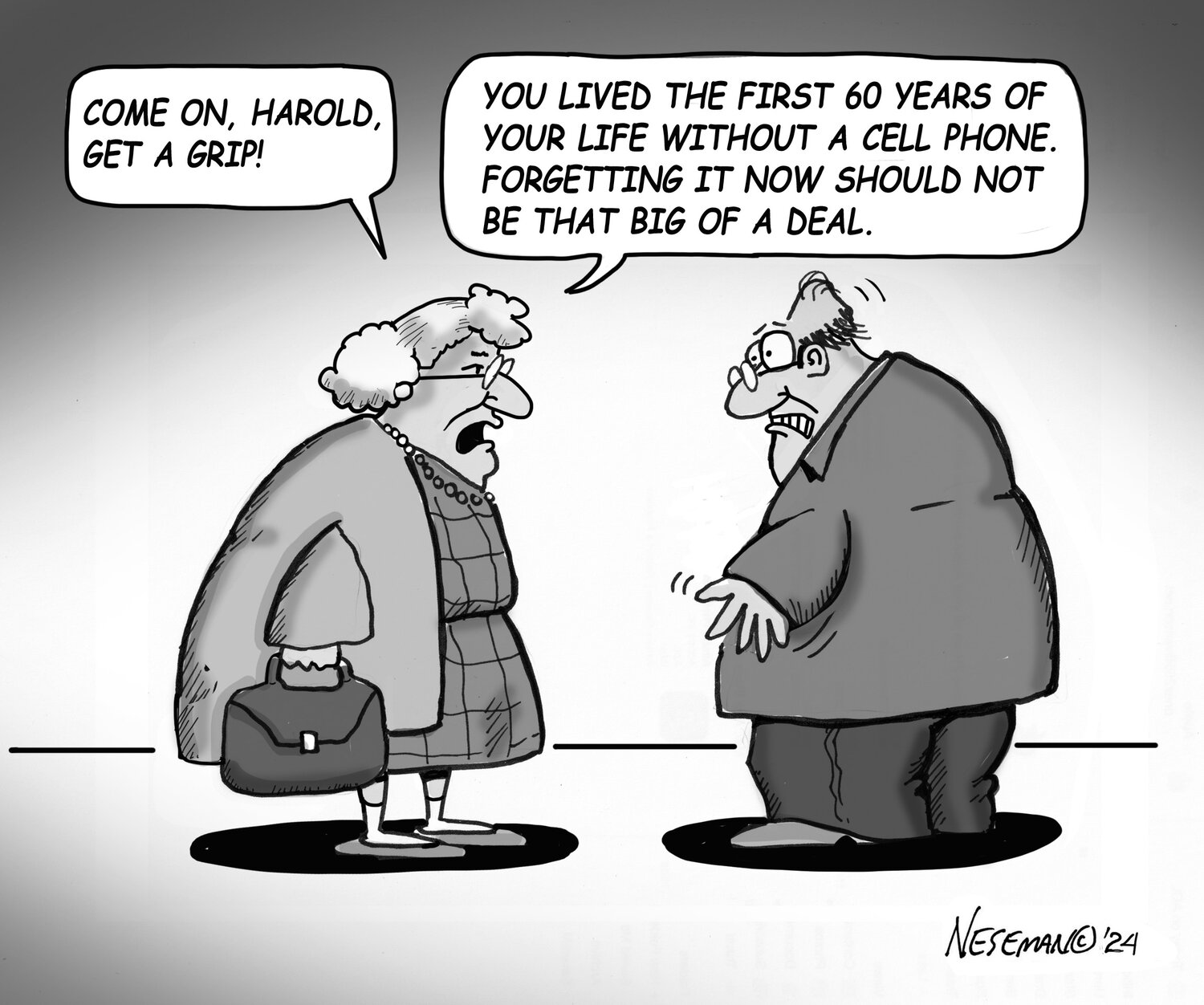The lasting impact of 9/11 and the rise of conspiracy theories in America
Last week, we, hopefully as a nation, marked the 23rd anniversary of the Sept. 11 terrorist attacks on New York and Washington D.C.
Please also never forget the folks who lost their lives in the Pennsylvania crash of United Flight 93.
In the days, weeks, even months that followed those attacks — while political America returned to normal all too quickly — neighborhood America evolved from a stunned, frightened silence to a solemn, determined resignation to get along. To love each other.
Maybe even to like each other.
We all felt closer, even if we all had remnants of the thousand-yard stare.
After the 9/11 attacks, President George W. Bush took us into two wars and, by the time the second war started, we were largely back on our side of the political divides that have pervaded this country since the beginning.
It was depressing then but, even though it revolved around war, terrorism and death, the American political divide of 2003 feels almost quaint now.
Cut to 2024 and we’re now two assassination attempts into this presidential campaign.
Well, two if you only follow media reports.
Just a bit of shallow exploration of social media reveals a seemingly significant segment of the population doesn’t think either apparent attempt on former president Donald Trump’s life was legitimate, for one reason or another.
That’s not good, but perhaps not for the reasons you’re thinking.
It’s unlikely the last victim of the terrorist attacks had even been found before conspiracy theories about 9/11 took hold in small quarters of the populace.
It was an “inside job” somehow.
A plane never hit the Pentagon.
The towers of the World Trade Center were destroyed in a controlled demolition.
And so forth.
None of those theories ever took mainstream hold, let alone were proven true, though they did give plenty of ammunition and stature to a future Sandy Hook school shooting denier who made — and has now lost — millions of dollars telling people their dead children never existed in the first place.
Leap back to the present, and the juggernaut rise of social media has afforded conspiracy theories a seat right alongside legitimate news reporting and analysis. We’ve seen entities like QAnon treated by wide swaths of the American right with cult-like reverence, with theories about Democrats trafficking children through pizzerias and holding ceremonies to drink baby blood because it contains rejuvenating properties becoming common belief among its followers.
Absurd? Outlandish? Sure. Easily dismissed? Not so fast. Take a look at the traffic QAnon drew to websites on which it posted.
Then consider the political strategy of Trump himself. A torrential flow of exaggerated claims, misleading statements, projection and outright lies has, many times over, proven easy to dismiss or dispel.
But that misses the point of why he does it.
In the boxing ring, a fighter might be expert at parrying one blow, or a succession of three. Or five.
How about 50, 100, all from different angles?
If Trump has been successful at anything since he made running for president and from prosecution his career in 2016, it’s not so much in convincing his followers to believe things that aren’t true — although he’s done plenty of that — it’s been in flooding the marketplace of ideas with so much chaff it’s become borderline impossible to contend with it all, which leaves the truth out there, somewhere, to languish in a sea of bull.
And sometimes it seems like the truth might be going down for the third time.
And so, 23 years after the Sept. 11 terrorist attacks that left 2,977 of us dead, Americans are not just back to debating politics, but the meaning of truth itself, often in the most vile, and violent, terms possible.
We were told, after all, there are such things as “alternative facts.” And tons of us believed it.
So, if you find yourself wondering why Trump’s ear had no evidence of a bullet wound during his Sept. 10 debate with Vice President Kamala Harris — or why, on July 13, the Secret Service took several minutes to let Trump get his shoes back on, let him pose for a photo-op, and let him walk slowly down the stage steps and to his vehicle — maybe that’s not your fault.
Maybe it’s his.
Keywords
9/11 anniversary,
political division,
conspiracy theories,
social media,
American politics,
George W. Bush,
Donald Trump,
QAnon,
truth and lies in politics



